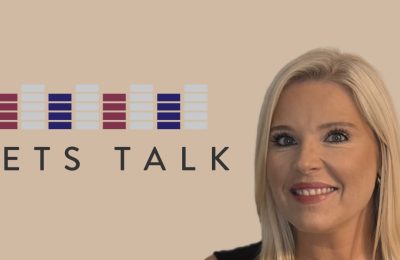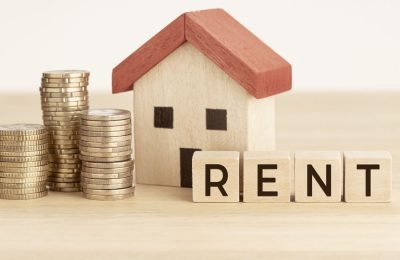Self-employment is on the up! And why not? In a post Covid world, the option to work as and when you please on projects you’re passionate about, as well as being able to work to your own schedule is an attractive prospect. One thing self-employment may complicate, however, is the process of getting a mortgage.
Investing in property is a great way to secure a stream of income, but the process of qualifying to invest in property can become troublesome to the newly self-employed. So how do you best apply for, and get accepted for a buy to let mortgage?
Why invest in property when self-employed?
In business, income fluctuates, often due to factors completely out with your control. Month to month, your own income could be up or down significantly and a buy to let property offers a reliable source of additional income to boost your monthly earnings, providing that all important safety net to ensure ends meet.
Naturally, this type of investment isn’t without its monthly risk – your property may be empty for a period (void periods), and you almost definitely will encounter unexpected repair or maintenance costs from time to time. Overall, however, investing in bricks and mortar is a smart move for most self-employed people.
Maybe you dream of turning your property investment portfolio into your full-time income source as it fits well with your life and offers additional flexibility – this is very possible and is a strategy employed by many successful property investors all over the UK.
Self-employed mortgage applications
Firstly, there’s no such thing as a “self-employed mortgage” – as a self-employed person you have access to the same BTL mortgage products as any ’employed’ person.
After the ban on self-certified mortgages in 2014, the process of applying for a mortgage of any kind as a self-employed individual has increased in complexity – but it is still absolutely possible, especially with the help of an accountant and an experienced mortgage advisor, who would have dealt with self-employed BTL lenders in the past.
Because your income may fluctuate more than an employed person’s income, you must do your research, or alternatively, work with a genuine expert who can provide you with the information you need and help you to shop around for the right mortgage product.
Most people will tell you that as a self-employed person, you typically need at least three years’ worth of books to be approved for a mortgage. This is an OK rule of thumb for the residential market, but things are slightly different in the BTL world. A more accurate rule of thumb would be that getting a BTL mortgage is far easier if you’re an experienced landlord, sole trader/contractor, or both.
Even the very newly self-employed who don’t have massively high earnings from their new business could qualify for a buy-to-let mortgage if they can show a good landlord track record and show that their new property is likely to attract a profit of 125% or more of the mortgage interest payments.
You can improve your chances of being accepted by investing in a property that a lender would feel it would be easy to sell if required.
Stay away from:
- new build homes
- high rise flats
- properties above retail units
- unusual structures
Lenders are far more wary of offering BTL mortgages on such properties.
You can typically expect a loan-to-value ratio of 75% on most buy-to-let mortgages – meaning you’ll need a sizeable deposit. If you’re able to take a loan with a low LTV (of 60% or below), this could also improve your chances of being approved.
Interest only mortgages
If your motivation to invest in a buy to let property is the (almost) dependable source of income it provides, then opting for an interest-only mortgage for your investment is likely to be the best option for you.
With an interest only mortgage, the monthly payment is a smaller payment covering only the interest on the capital borrowed, leaving a lump sum payable at the end of the mortgage term. This makes an interest only mortgage a practical option for self-employed property investors allowing you to keep more of your rental income in months where your self-employed income fluctuates.
Additionally, lower monthly payments that cover interest only, mean that your lender doesn’t have to rely on your income from your business as much when calculating the affordability of your mortgage. With a sizeable deposit, you can expect a healthy ROI on the rental income and foresee selling the property at a healthy profit later – without needing to have huge earnings to cover your investment.













